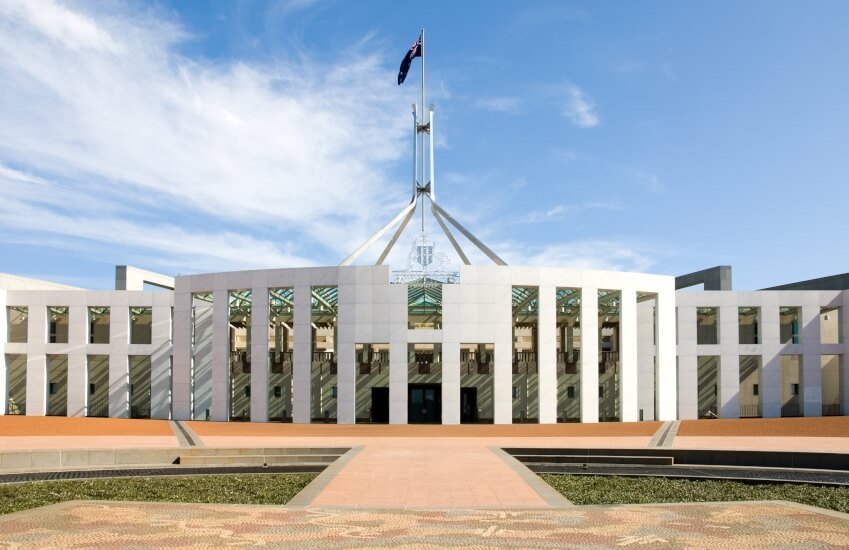TRIS headache rectified as new legislation passes

Both houses have now passed legislation which will resolve a technical issue impacting reversionary TRISs, which for some members was resulting in adverse outcomes.
A bill containing an amendment to fix an unintended consequence of the super reforms has now be passed by both houses.
Treasury Laws Amendment (2018 Measures No.4) Bill 2018, contained a legislative fix for an issue relating to reversionary TRISs to ensure that reversionary TRISs can always be paid to a reversionary beneficiary, irrespective of whether they have satisfied a condition of release.
While the bill was passed by the Senate last year, there were of amendments that were made to the bill by the Senate which needed to be approved by the House of Representatives. The amendment details have now been passed by the House of Representatives.
The bill modifies the rules that determine when a TRIS is in retirement phase by ensuring that a reversionary TRISs can always be paid to a reversionary beneficiary, irrespective of whether they have satisfied a condition of release.
The change will allow a reversionary TRIS to be paid to a dependent beneficiary rather than having to be commuted and a new income stream started from the deceased member’s underlying superannuation interests. This approach is consistent with the treatment of other superannuation income streams, which do not require the reversionary beneficiary to satisfy a condition of release.
Previously speaking to SMSF Adviser, SuperConcepts executive manager of SMSF technical and private wealth Graeme Colley said its still unclear what will happen in situations where the member had already been impacted by this issue.
“The legislation is a great thing because it sorts out the technical problem with reversionary transition to retirement income streams, but backdating it may [be difficult], as some people may have already been paid out their benefit,” he said.
“What do we do with those that have missed out merely because they didn’t meet the rules at the time, but now because of the way these new rules work should have been included under those rules
The bill allows the commissioner to issue directions to pay unpaid superannuation guarantee and undertake superannuation guarantee education courses to employers who have failed their superannuation guarantee obligations.
It also allows the commissioner to disclose more information about superannuation guarantee non-compliance to affected employees.

Miranda Brownlee
Miranda Brownlee is the deputy editor of SMSF Adviser, which is the leading source of news, strategy and educational content for professionals working in the SMSF sector.
Since joining the team in 2014, Miranda has been responsible for breaking some of the biggest superannuation stories in Australia, and has reported extensively on technical strategy and legislative updates.
Miranda also has broad business and financial services reporting experience, having written for titles including Investor Daily, ifa and Accountants Daily.






